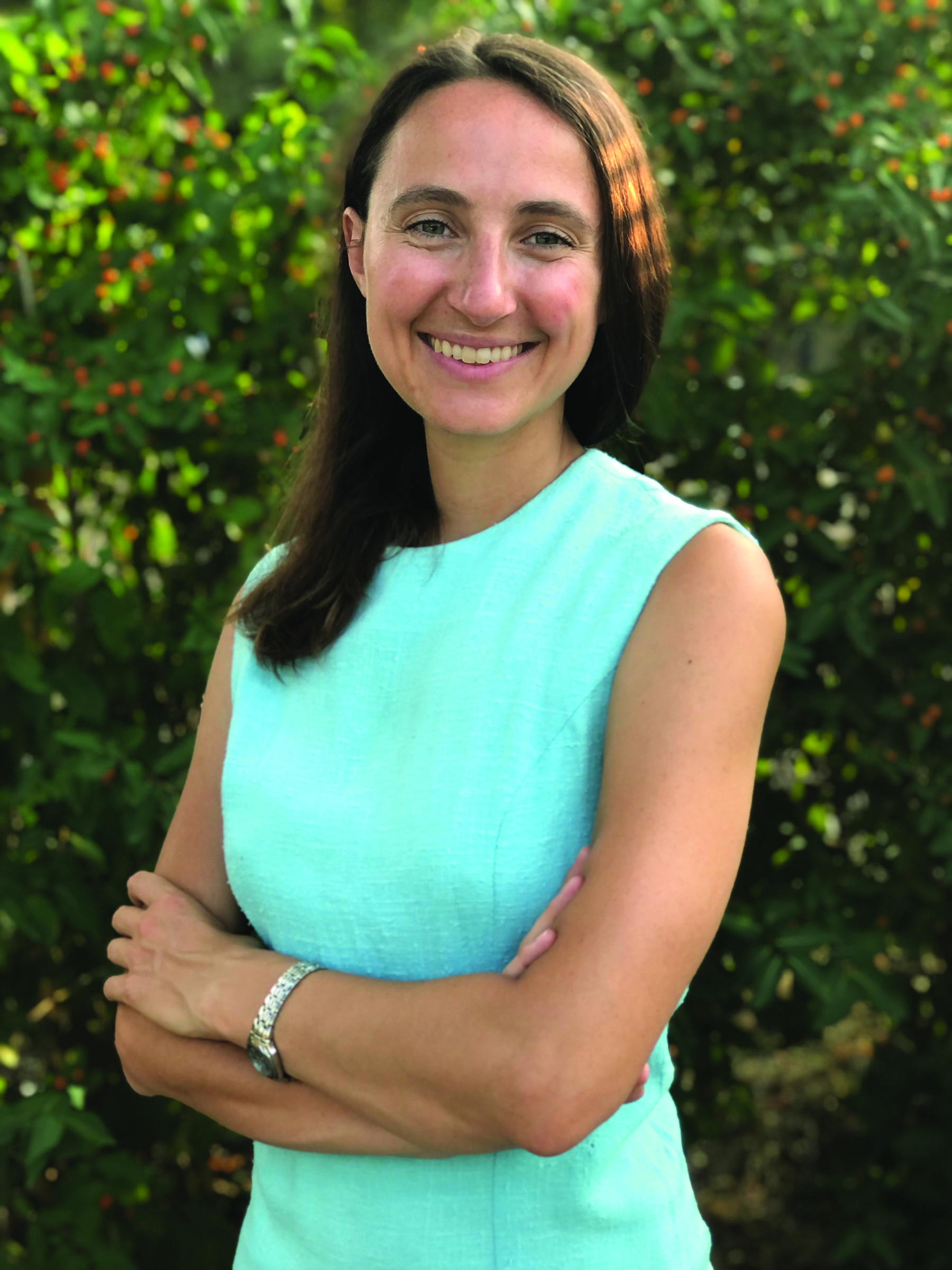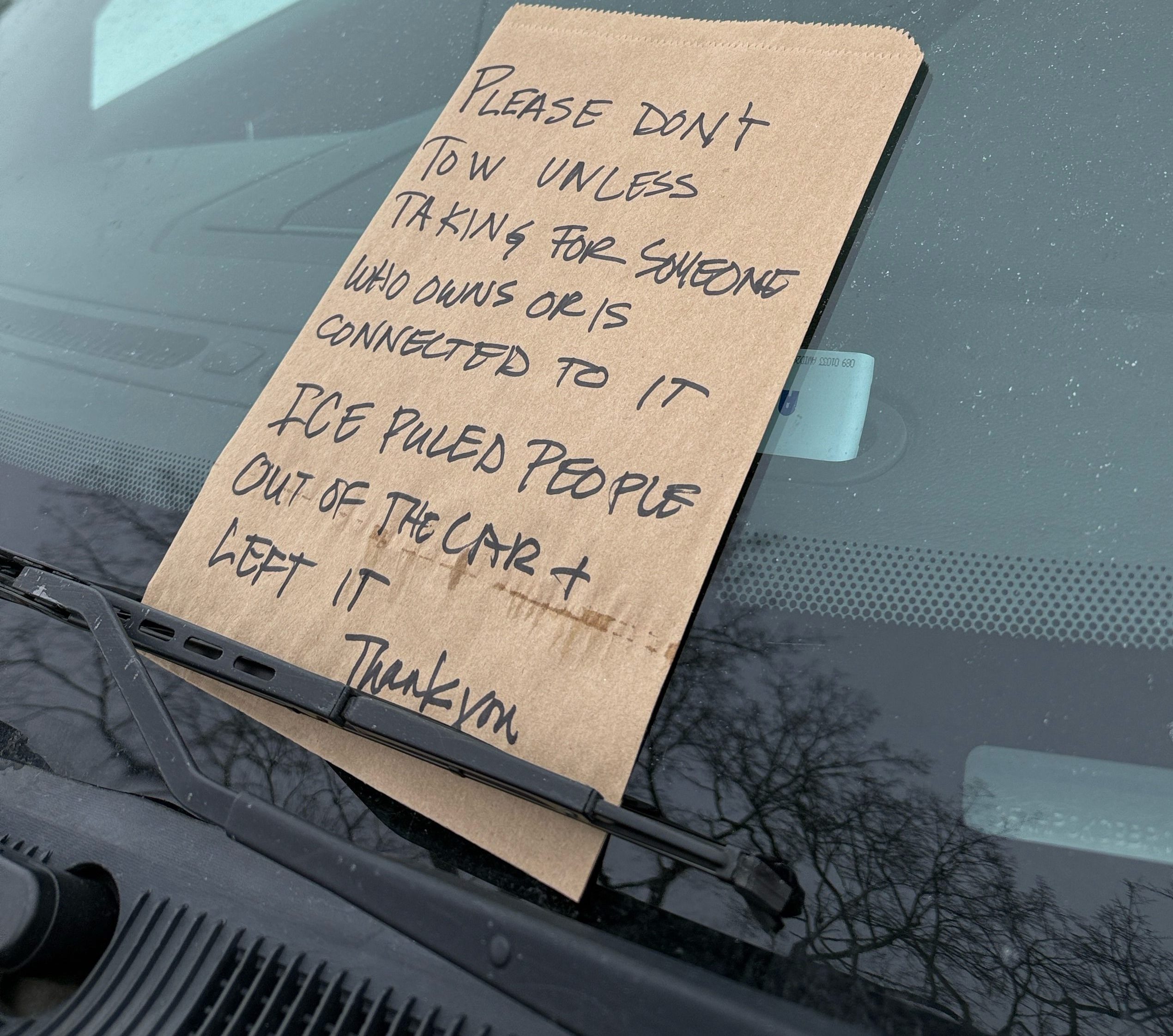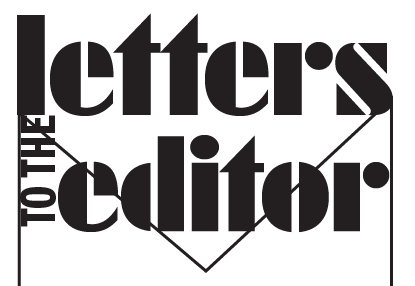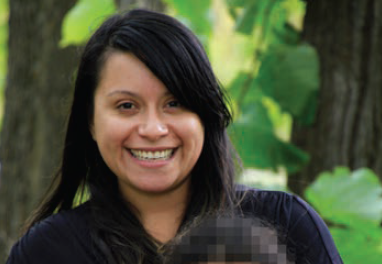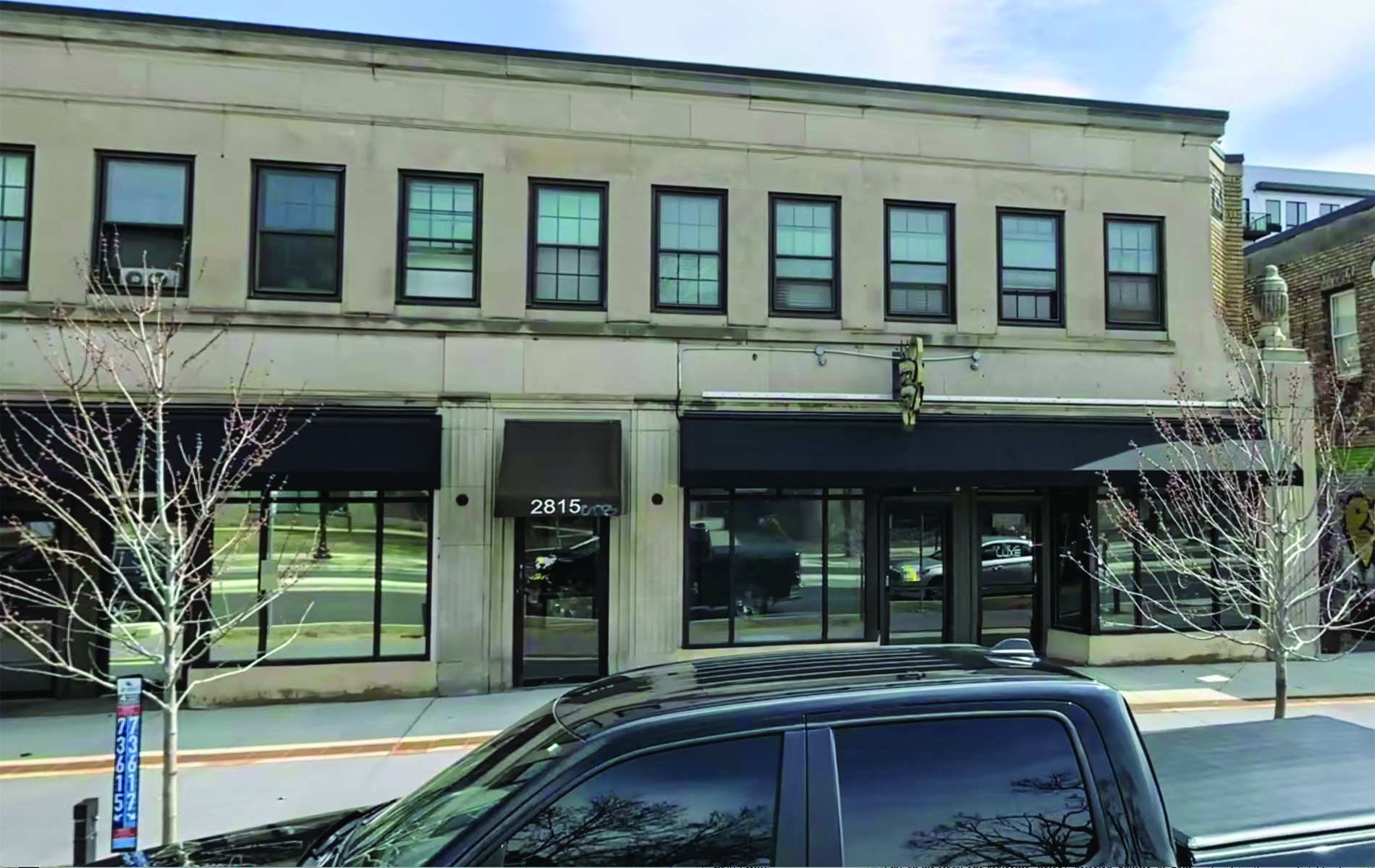The Minnesota Primary is on August 13. According to the Secretary of State, three candidates are competing in the primary for the 61A House seat, which has been held by Representative Frank Hornstein since 2003. The Hill & Lake Press invited candidates Katie Jones, Isabell Rolfes and Will Stancil to each write a short essay on what they believe is the single most important issue their constituents want them to address at the state level, in 400 words or less. Here’s what they had to say.
The Hill & Lake Press does not endorse any candidates. We will interview those who will be on the ballot in November for the general election in the October issue.
Katie Jones
From Elliot Park to Cedar Lake, Uptown to Harrison, community safety is the issue I’ve heard consistently from voters across our district.
Too many neighbors have faced unsafe situations, and we need to hold those who cause harm to others accountable. Everyone deserves to feel safe walking, riding the train, or entering their car. It’s also an issue of equity: Data shows that BIPOC community members face a disproportionate burden of violence compared to white neighbors. It's the role of elected leaders to develop and implement effective policies so people can live, learn, work, and play safely.
This requires effective partnership at every level of government to work upstream to prevent violence and harm. Our state must support community-based violence intervention efforts that have proven to be effective. That includes passing common sense gun laws to get deadly weapons out of our communities and holding manufacturers accountable. Most importantly, we must engage with people in our neighborhoods. I recently attended Hennepin County’s Safe Communities Summit to hear from local experts and experienced community groups. Everyone underscored the need for collaboration, trust building, and investment in our communities. They also emphasized listening — to one another, to our community members traumatized by violence, and to first responders. Creating greater understanding and building these relationships are foundational to restoring trust in our systems.
Safe communities are ones that are well resourced with strong connections between neighbors. As our city faces a budget deficit that will impact everyone who lives here, I will pursue an increase to Local Government Aid for Minneapolis so local decision makers have the resources needed to advocate for appropriate responses for people in crisis and can focus on prevention. Having a healthy city budget is critical, and we need to state action to support the local economy, broadly grow our tax base, and stabilize property taxes. Solutions include reimagining downtown buildings wherever possible to convert vacant offices to residences, and piloting incentives that turn unused lots and properties into spaces utilized by the community.
Like many of today’s complex social problems, progress is made by taking a multipronged approach and working in collaboration. As the adage goes, “An ounce of prevention is worth a pound of cure.” From access to stable housing, fully funded education, reliable transit, and making sure everyone's basic needs are met, I will champion policies that strengthen our communities because it's how we build more durable solutions.
Isabel Rolfes

I’ve made it clear in my campaign that no issue stands alone. But if I had to pick one that is front and center, it’s safety.
Our small business owners are yearning for a public safety presence, so their storefronts remain safe.
Our LGBTQIA+ friends are facing a resurgence in bigotry and hate crimes. Our neighbors and friends are on edge because of the notable presence of guns in our community.
The list goes on.
The State doesn’t control what Minneapolis’ Public Safety department does, but I will work closer with them to draft complementary public safety legislation to have the most positive benefits for my fellow neighbors in 61A. This means not only sending funding, but ensuring we are doing the work to implement a holistic approach to public safety that addresses the wide range of issues impacting safety in Minneapolis.
I will work with the Peace Officer Standards and Training (POST) Board to ensure their training is set up in a way to keep the community and emergency responders safe when they are called to respond to calls, as well as ensure there is follow through on new Diversity, Equity and Inclusion training that aims to remove biases in policing.
I will protect our “red flag” laws to reduce chances of repeat offenders accessing guns and do the hard work to pass safe storage laws and ban assault rifles.
We also need to increase safety by ensuring all Minnesotans have access to basic needs to reduce the root causes of crime before it happens. This means providing: dignified, good-paying jobs; affordable housing; healthcare; education; and access to transportation.
This means investing in what we know works, which is culturally relevant shelters in the short-term to meet the needs of different community members, and taking a housing first approach to addressing the housing crisis in the long-term to ensure people in need are getting the full range of services necessary to transition back into being housed.
While there are many steps to be taken to make Minneapolis a safer place, I firmly believe that taking a holistic approach to public safety is how we bring everyone to a better place.
At the state level, I will tackle public safety. And I will do it through all of these avenues with community input every step of the way.
Will Stancil

My top priority at the legislature is bringing prosperity back to Minneapolis.
We’ve all seen the changes. Businesses are leaving the city and there are many vacant storefronts in Uptown. The school district keeps shrinking — twenty percent of students Stop gone in just a few years.
There are public safety problems, particularly in the Lakes area. And it’s alarming that, despite all this, property taxes are slated to rise — not because services have improved, but because the tax base has withered.
Helping the city was my core focus when I entered the race. I've discovered that it is also, overwhelmingly, what voters want to talk about when you knock their doors.
There’s no magic solution that will solve all these problems at once. These are complicated issues and even the best-laid plans usually need revision when they’re put into practice.
But I’ve worked on local government, development, and educational topics for a decade, and I have a few ideas. I’ve also talked to a lot of people — former legislators, business owners, teachers — and have harvested as many ideas from them as possible.
Fixing the commercial environment will require new investment in the city, supporting existing businesses and creating incentives to open new ones.
I’m willing to throw money at the problem; my view is that spending upfront to bring back commerce will pay back in multiples down the road. It will also require addressing public safety concerns, since it’s hard to get customers to frequent an establishment in an area they perceive as unsafe.
I’ve worked on efforts around the country designed to attract new parents to struggling school districts, so I know it’s possible.
It requires, first and foremost, close attention to what services and programs parents want. Rather than working to provide education to a minimal standard, we need to figure out what sorts of education is exciting to families — small class sizes, arts instruction, dual-language immersion — and then ensure those opportunities are available in the city district.
Minneapolis neighbors almost all want to attend their local school, but no parent will ever choose to gamble their child on a school they don’t think is up to par. This has to be incorporated into educational policymaking as a first principle.
I have lived in Lowry Hill for 15 years and I love this neighborhood and city. I want to help it prosper once again.
